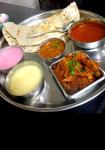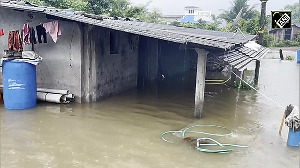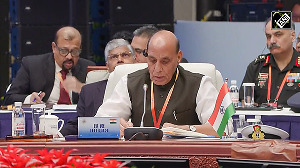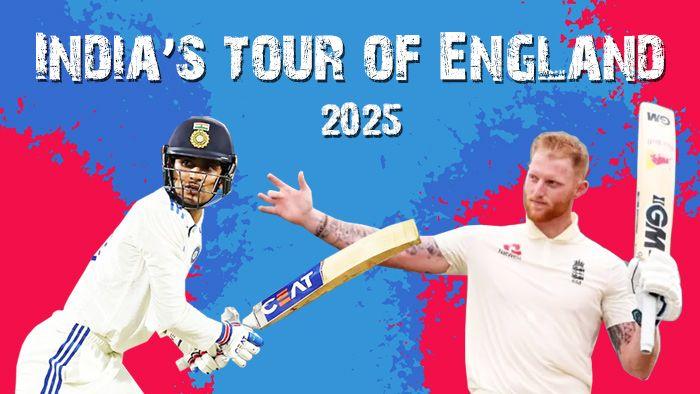When Laurie Lever turned 60 last October, the last thing on his mind was retirement with the Australian show jumper focused on riding in his first Olympics.
Lever is one of a growing number of older athletes competing in the Olympics rather than watching from the stands with Japanese horseman Hiroshi Hoketsu leading the pack at Beijing, returning to the Games after a 44-year break aged 67.
US swimmer Dara Torres, who is 41 and has a two-year-old daughter, created a media stir by making it to her fifth Olympics as the oldest American to swim at the Games.
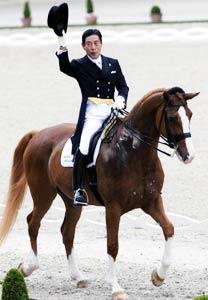 While Olympians are revered for athleticism, discipline and determination, modern competitors are showing experience is also an asset and sporting careers can be extended using new training techniques and funded with contracts, endorsements and subsidies.
While Olympians are revered for athleticism, discipline and determination, modern competitors are showing experience is also an asset and sporting careers can be extended using new training techniques and funded with contracts, endorsements and subsidies.
"We are a fitter generation," said Lever, whose appearance on Ashleigh Drossel Dan in the show jumping in Hong Kong is believed to make him the oldest debutant at the 2008 Games.
Olympics historian David Wallechinsky, who has written many Olympics reference books, said the average age of Olympians has been increasing as athletes turned professional.
"Before you were lucky to be in one, maybe two Olympics as you had to go and earn a living," said Wallechinsky, vice-president of the International Society of Olympic Historians.
"But now athletes can make a living through marketing and endorsements so they can extend their careers."
Sports academics are not surprised by the ability of athletes to remain competitive longer and expect increasing number of over 40s to stay competing at top level sport as training techniques and technology continue to improve.
Hoketsu, who is based in Germany, has played down the fuss about him competing at the age of 67 on his mare Whisper although he has referred to himself as "the hope for old men".
Hoketsu may be the oldest competitor in the 2008 Games but the title of oldest Olympian is held by Swedish shooter Oscar Swahn, who collected his sixth medal at the 1920 Antwerp Games aged 72 years and 280 days.
Hoketsu is also not the only 2008 competitor over 60. Add to the list Canadian show jumper Ian Millar, 61, competing in his ninth Olympics.
There are many athletes well into their 40s and 50s in other sports besides equestrian. Canadian trap shooter Susan Nattrass is 57, Canadian fencer Luan Jujie is 50, and Australian sailor Iain Murray is making his Olympics debut aged 50.
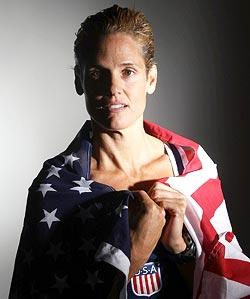 Americans Richard Johnson, archery, is 52, Libby Callahan, shooting, is 56, and British horseman Nick Skelton is 50.
Americans Richard Johnson, archery, is 52, Libby Callahan, shooting, is 56, and British horseman Nick Skelton is 50.
French cyclist Jeannie Longo is competing in her eighth Games at the age of 49 and it is the second Olympics for Israeli marathon runner Haile Satayin whose passport says he is 53.
Dr. Michael Joyner, an anaesthesiologist at the US Mayo Clinic who studies the effects of ageing on athletes, said normal "physiological" ageing starts at 30 but athletes can delay this until their late 30s or 40s with prolonged, intense training.
He said lab data showed that for physiological factors associated with endurance sports the decline is about 10 percent per decade starting at 30 but this can be halved with continued hard training, especially if it remained intense.
"If you look at top performers in their 40s, 50s, and 60s, the volume of training (hours per day) is sometimes down, but they keep the intensity high. They usually also do things to prevent age-associated declines in muscle mass," he said.
But Joyner said that while all elite athletes had some physical gifts it was also their will to win and ability to perform under pressure that made them succeed.
"All things being equal the person who can put forth a maximum effort and at the same time relax has a real edge. A lot of it is learning how to compete in a relaxed way when the pressure is on," he said.
(Reuters)
Photographs: Getty Images


